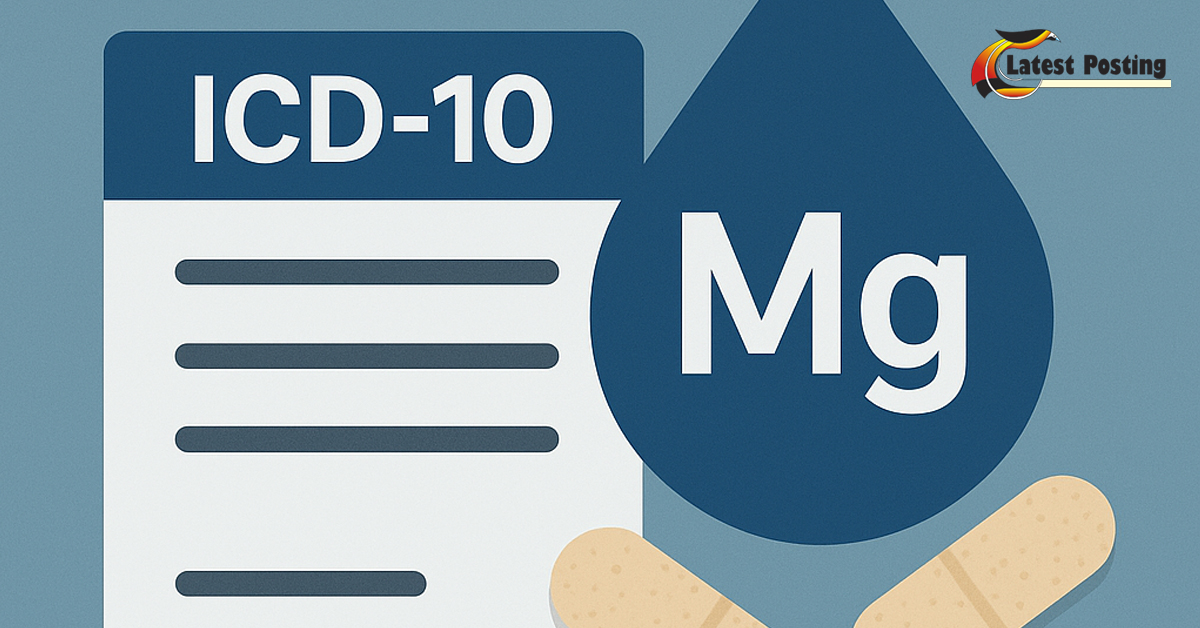How does people’s Heart beat affect lifespan? This doubt exists in the minds of many people, especially when hearing other people describe it repeatedly, it will deepen the impression. Some people say that a person with a heartbeat of 60 beats per minute will be more likely to live longer, while others say that a heartbeat of 90 beats per minute means that the heart is more powerful and it is easier to live longer. The number of times your heart beats per minute is also known as your heart rate.
Does heart rate have an impact on lifespan?
Does heart rate have an impact on lifespan? What is the difference between 60 and 90 beats per minute? Let’s talk with you about heart rate and life span.

Studies in medical journals have shown that for men over 50 years old, if the heart rate exceeds 75, the risk of cardiovascular disease will be higher, and it will also have a certain impact on life span. When people are calm, their heart rate usually remains between 60 and 100 , which is more reasonable. In contrast, in a calm state, people with faster heartbeats have a greater risk of cardiovascular damage . An increase of 5 beats per minute will increase the risk of heart failure by 13% .
Fast heartbeat
It can be seen that a fast heartbeat has a bad impact on lifespan. But isn’t the slower the heart rate the better? Neither. Except for some professional athletes who can reduce their resting heart rate to about 60 beats per minute after long-term exercise, more ordinary people have slow heart rates , which may be a sign of diseases in the body.

A slow heart rate for a long time may lead to abnormal cardiovascular blood supply , affecting insufficient blood supply to the heart, insufficient blood supply to the brain and other problems. It may also induce dizziness , general weakness and other problems. If this happens for a long time, it may also increase the abnormal compensatory function of internal organs and induce dysfunction. Slow heart rate is also bad for health.
heartbeat of 60 and 90
What is the difference between a heartbeat of 60 and 90? In fact, such numbers are within a reasonable heart rate range. But according to the conclusions drawn in the above study, if your heartbeat is 60 beats per minute, your risk of cardiovascular and cerebrovascular events will be lower than that of someone whose heartbeat is 90 beats per minute. In order to better protect people’s health, the heart rate can be maintained at around 60 as much as possible . Within the reasonable resting heart rate range of 60-100 beats, the slower the heart rate, the better.
If the heart rate is always in a relatively fast or slow state and lasts for a long time, people can go to the hospital for examination when necessary. It is likely that there are pathological factors affecting the heart rate. Getting checked out early also allows for timely treatment and adjustments.
There is a certain correlation between heart rate and life span. In contrast, when people are in a healthy state, it is better for the heart rate to be close to 60, which is more beneficial to health. A heart rate that is too fast or too slow may indicate some pathological factors. People can often self-test their heart rate and stabilize their heart rate through some simple methods, which is good for their health.






9 thoughts on “Does Heart beat affect lifespan? What is the difference between 60 and 90 beats per minute?”